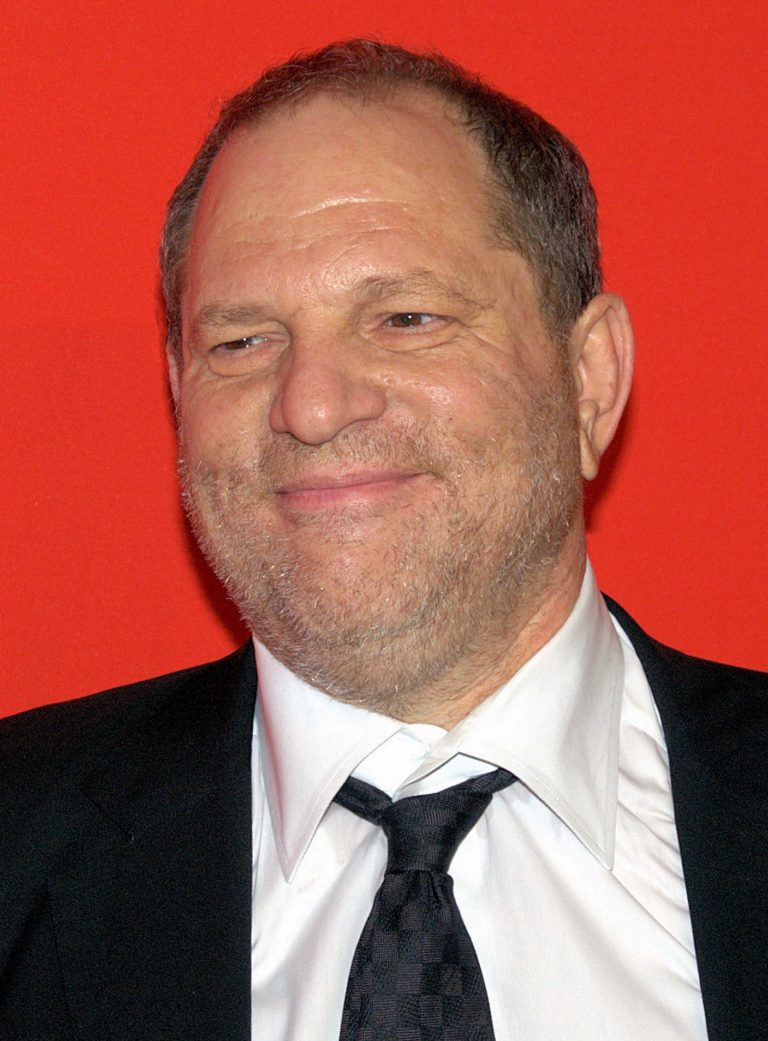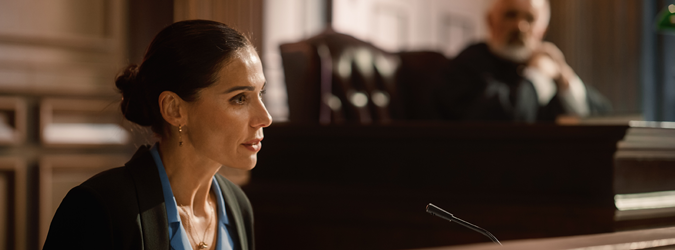What the Defense Strategy Was in the Successful Harvey Weinstein Appeal
5.2.2024

The New York State Bar Association is re-releasing an episode of the Miranda Warnings podcast from 2020 about the defense strategy in the criminal case against Hollywood film mogul Harvey Weinstein. In April 2024 the New York State Court of Appeals overturned the criminal conviction of Harvey Weinstein in a 4 to 3 ruling.
In September 2020, following Weinstein’s conviction, the members of his defense team appeared on Miranda Warnings to discuss the case and their plans for appeal. Weinstein attorneys Arthur Aidala and former Judge Barry Kamins outlined different strategies for appeal, which proved successful.
The defense attorneys discuss how Judge James Burke’s ruling allowed the prosecution to include information on up to 25 prior bad acts of Mr. Weinstein. These bad acts, the attorneys contend, were unrelated to the six charges in the criminal case.
“This is part of the case that prior bad acts can come into, which the prosecutor claims are relevant issues in the case, and one we will undoubtedly address on appeal,” said Barry Kamins. “It makes the defense attorneys’ job more difficult in addition to attacking the credibility of the complaining witnesses you have to try to attack the veracity of prior bad acts which has nothing to do with the actual crimes for which the defendant is being tried.”
The defense lawyers also explained why they filed a motion for a change of venue, asked Judge Burke to recuse himself and declined to allow Weinstein to testify. Kamins notes that due to a ruling by the judge, Weinstein would have had to answer for 25 prior bad acts, which went beyond the crimes for which he was charged.
“If a person wants to tell their story on the stand but knows, in advance, they’ll be cross-examined about 25 prior bad acts you have to think twice about whether you want to get on the stand and Mr. Weinstein’s ultimate decision was to not testify,” Kamins said.
One other appeals strategy under consideration in 2020 dealt with the jury selection which the defense team felt was flawed.
“If you start off with jurors who are bent against you from the beginning, it doesn’t matter how good your evidence is in their mind,” Arthur Aidala said. “One issue that has been all over the news recently is that one of the jurors wrote a book having to do with very similar subject matters and that is going to be our lead issue on the appeal. There was a person on the jury who really shouldn’t have been on the jury.”
Aidala was referring to a juror on the case, Amanda Brainerd, who wrote a novel titled “Age of Consent” prior to the trial about “three young women in the 1980s, who negotiate fraught friendships, sexuality, class and predatory older men on the journey from innocence to independence.” The defense team believed the juror misrepresented herself in her jury questionnaire.
Miranda Warnings is hosted by NYSBA’s General Counsel and past president David Miranda. You can subscribe and listen on Apple Podcasts, Spotify or on the NYSBA website.






